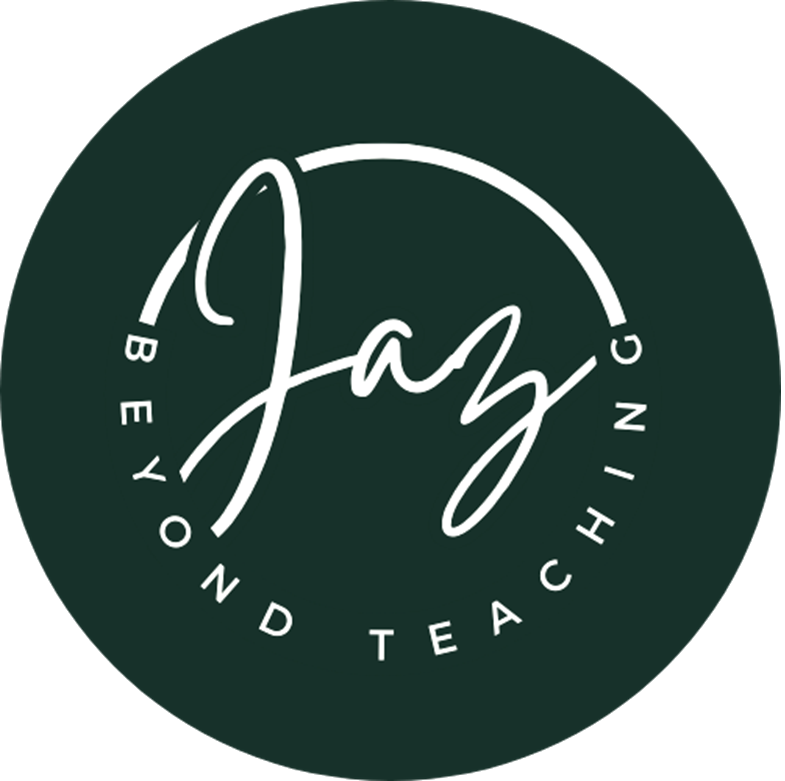As an Early Years Educator in an open-concept kindergarten in Germany, I’ve encountered a unique approach to early childhood education. In this setting, children between the ages of 1 and 6 roam freely across different function rooms, engaging in various activities that cater to their interests. At the moment, we have over 80 children in our care, all exploring, playing, and learning through interaction and communication.
The open-concept model is both fascinating and challenging. On the one hand, it allows for incredible flexibility – children aren’t confined to a single classroom and can choose how they spend their time. On the other hand, this freedom can make it difficult to maintain a comprehensive view of each child’s progress. Unlike traditional classrooms, where assessments and structured lessons are the norm, our educational processes unfold organically, often without formal measurement.
The focus here is primarily on participation, social interaction and learning through play. This mirrors a broader trend in early childhood education that emphasises letting children develop naturally, without the pressures of rigid academic expectations. According to the German education system, learning in the early years is about communication, creativity, and exploration (The Education System in the Federal Republic of Germany, 2018/2019). But this can sometimes feel unfamiliar, especially for those who are used to more traditional methods.
Recently, I was introduced to Carol Dweck’s mindset theory, which has deeply resonated with me as I reflect on my own teaching practices. Dweck’s theory highlights two main perspectives: a fixed mindset (the belief that intelligence and abilities are inherent and unchangeable) and a growth mindset (the belief that these traits can be developed through effort and perseverance). Her work suggests that adopting a growth mindset can have a profound impact on both educators and students.
For me, this was a bit of a wake-up call. I realised that, in many ways, I’ve operated from a fixed mindset, particularly when preferring more structured, traditional classroom environments. The open concept feels like uncharted territory at times, and I’ve found myself longing for the familiar routines of structured lessons and clear assessments. But Dweck’s research has encouraged me to rethink this approach.
If I want to foster a growth mindset in the children I teach, I need to model it myself. This means embracing the challenges that come with an open-concept setting and seeing them as opportunities for growth, both for myself and the children. Instead of viewing the lack of formal lessons as a drawback, I can start to see the potential for creativity and flexibility in my teaching methods. I’ve realised that this environment allows children to develop critical skills like independence, problem-solving, and social interaction—skills that will serve them well in the future. I plan to dive deeper into the growth mindset theory and explore how I can integrate it into my teaching practices in more meaningful ways. Interestingly, this concept formed a significant part of one of the thesis projects I completed for my master’s degree. Throughout the process of researching and writing, I began to realise just how much I was operating with a fixed mindset in certain areas of my teaching. The thesis not only challenged me to reconsider my approach but also pushed me to actively practice what I was learning.
As I adapted the growth mindset throughout the duration of my thesis, I started to see how crucial it is for educators to embrace this mentality. The process was eye-opening, as I realised that by shifting my perspective, I could become more open to new teaching methods and the unexpected challenges of working in an open-concept environment. Instead of seeing hurdles as limitations, I began to view them as opportunities for growth—not just for myself but also for the children under my care.
The journey wasn’t always easy, but it led to a deeper understanding of how powerful this mindset can be when applied to real-life teaching situations. In a setting where formal assessments are absent, the ability to continuously adapt and encourage exploration became a valuable skill.
